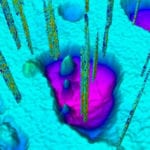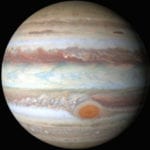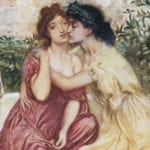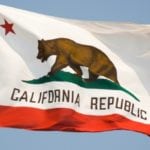 Movies and TV
Movies and TV  Movies and TV
Movies and TV  Health
Health 10 Miraculous Advances Toward Curing Incurable Diseases
 Miscellaneous
Miscellaneous 10 Undeniable Signs That People’s Views of Mushrooms Are Changing
 Animals
Animals 10 Strange Attempts to Smuggle Animals
 Travel
Travel 10 Natural Rock Formations That Will Make You Do a Double Take
 Movies and TV
Movies and TV 10 Actors Hidden in Your Favorite Movies
 Our World
Our World 10 Science Facts That Will Change How You Look at the World
 Pop Culture
Pop Culture 10 Incredible Female Comic Book Artists
 Crime
Crime 10 Terrifying Serial Killers from Centuries Ago
 Technology
Technology 10 Hilariously Over-Engineered Solutions to Simple Problems
 Movies and TV
Movies and TV 10 Movie Adaptions That Brought Popular Songs to Life
 Health
Health 10 Miraculous Advances Toward Curing Incurable Diseases
 Miscellaneous
Miscellaneous 10 Undeniable Signs That People’s Views of Mushrooms Are Changing
Who's Behind Listverse?

Jamie Frater
Head Editor
Jamie founded Listverse due to an insatiable desire to share fascinating, obscure, and bizarre facts. He has been a guest speaker on numerous national radio and television stations and is a five time published author.
More About Us Animals
Animals 10 Strange Attempts to Smuggle Animals
 Travel
Travel 10 Natural Rock Formations That Will Make You Do a Double Take
 Movies and TV
Movies and TV 10 Actors Hidden in Your Favorite Movies
 Our World
Our World 10 Science Facts That Will Change How You Look at the World
 Pop Culture
Pop Culture 10 Incredible Female Comic Book Artists
 Crime
Crime 10 Terrifying Serial Killers from Centuries Ago
 Technology
Technology 10 Hilariously Over-Engineered Solutions to Simple Problems
10 Weird Place Names And The Stories Behind Them
The world is full of places with names that would have most of us struggling to stifle laughter. For instance the UK is home to the childishly funny likes of Netherthong and Lower Swell! Sometimes the reasons why places end up with names that leave their residents red-faced are just as strange as the names themselves: like these 10.
10 Truth or Consequences
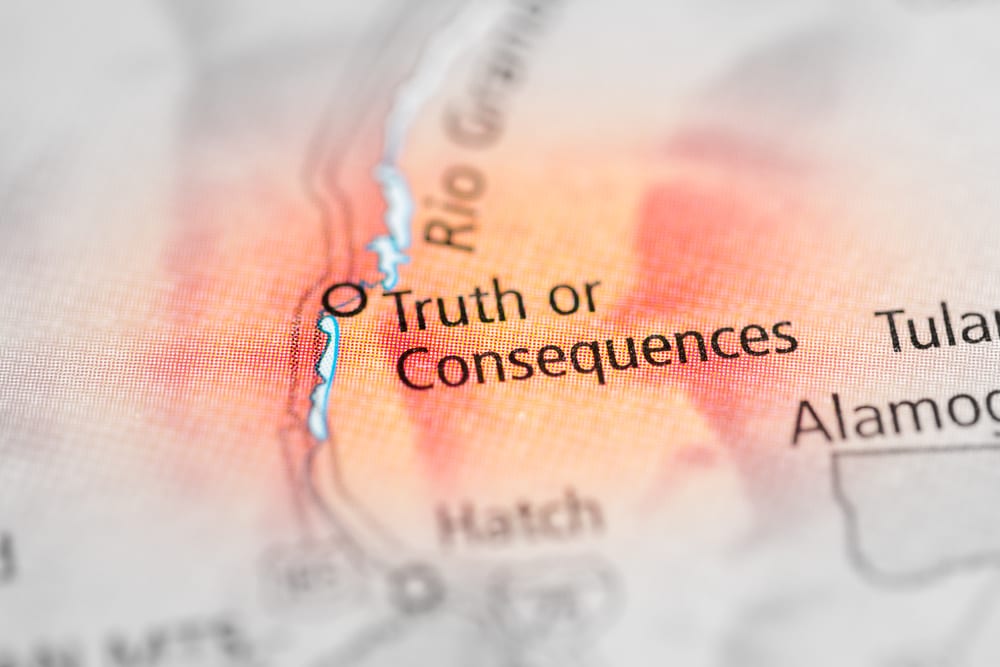
Up until 1950, this town in the south-west of New Mexico went by the name of Hot Springs, which made sense because it was mainly known for its spas made out of natural hot springs. These made it a fairly popular place for people from out of town to visit, but apparently not popular enough for those running the town, who came up with a bold idea to boost its tourist trade.
One of the most successful shows on US radio in the early 1950s was called Truth or Consequences and it was decided to rename the town after it. This decision was made after a referendum, which proves again that direct democracy is a bad thing, and it led to the radio show visiting town for a broadcast not long after the big renaming – on April Fool’s Day. That was not the end of it though, as the host of the show Ralph Edwards went on to make a trip to the town every single year after that until he died. Furthermore it even managed to feature in an episode of Doctor Who called The Zygon Invasion, so maybe they were right to do it after all.[1]
9 Frog Eye

This article could easily be made up entirely of places in Alabama, which seems to be the weird name capital of the world, but as no-one knows how Boar Tush got its name (perhaps they prefer not to ask), we are focusing on Frog Eye. This town can be found on the banks of the Tallapoosa River and there are a number of different tales that are told about where its name comes from. It might seem like something the residents came up with when they were drunk, but a local woman called Michelle Fortson has studied the history of the area and she believes that it actually happened during the prohibition era.
The story goes that its saloon sold alcohol illegally under the counter during this period and that it had to find a way of preventing this from being found out by the state police. So the saloon owner put a ceramic frog statue in its window and used this as a secret signal to local drinkers. If the frog had both of its eyes open, it was safe to ask for alcohol, whereas if one eye was shut, it meant the police were in the bar and they should stick to ordering soft drinks.[2]
8 Tightwad
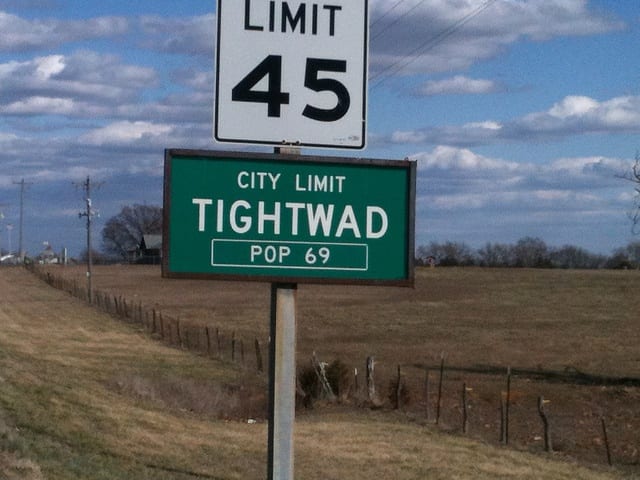
There is a good reason why this little spot in Missouri ended up with such an unfortunate name, but thankfully it has nothing to do with wedgies. The story goes that sometime in the early part of the 20th century the town was home to a watermelon farmer. One day, when the mailman was delivering to this farm, he asked the farmer if he would put aside one of the watermelons for him to collect when he had finished delivering the rest of the mail. According to the local legend, the farmer said that he would but then opted to sell the watermelon to another customer who had paid him 50 cents over what the mailman had offered.
Annoyed at being robbed of his fruit the mailman called the farmer a tightwad and continued to do so every day after that until the name stuck. Up until that point, the town – which has just 69 people living in it – was called Edgewood. These days, the small population seems happy to embrace the name and that is understandable when you think it could just as easily have ended up being called You Owe Me A Watermelon, Missouri.[3]
7 Doubtful Sound
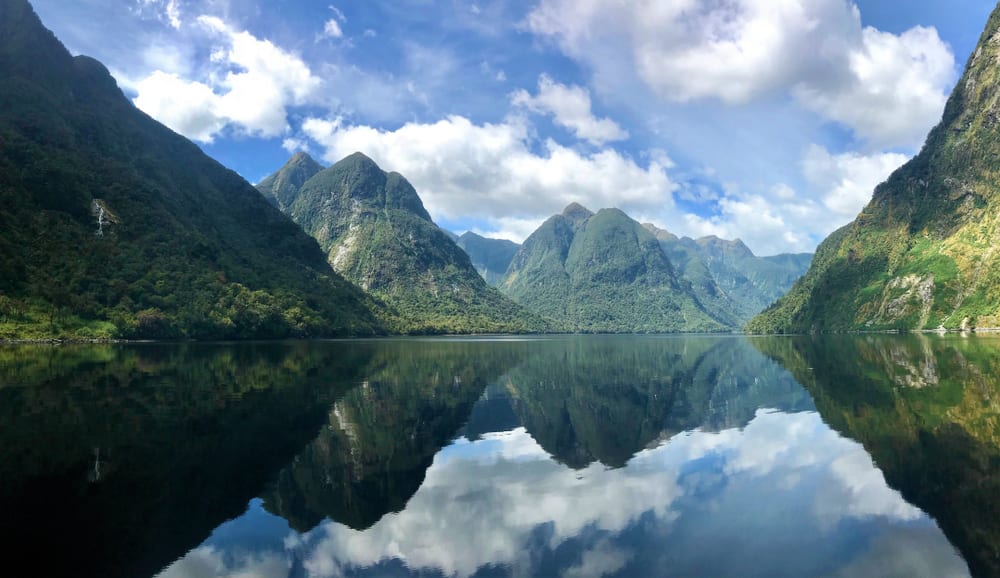
Doubtful Sound is a fjord that can be found in south western New Zealand and at 421 meters it is the single deepest fjord on its South Island. Part of the curious name was given to it by the British naval explorer Captain James Cook after he first set eyes on it upon arriving at the island back in 1770. Viewing the mysterious fjord shrouded in fog from his ship, he started to doubt that he could steer the vessel successfully in and out of the inlet, thinking it would be too tight a squeeze. That led him to christen it Doubtful Harbor.
What has been lost to history is why it ended up changing from Doubtful Harbor to Doubtful Sound – although it is known that it was whalers who came up with the revised version, several decades after Cook had visited. Perhaps they were trying to convince themselves that they could not actually hear cries from the whales they were killing. The fjord may be a Doubtful Sound, but it is also a glorious sight, with its stunning natural beauty making it a beloved tourist attraction today.[4]
6 Saint-Louis-du Ha! Ha!
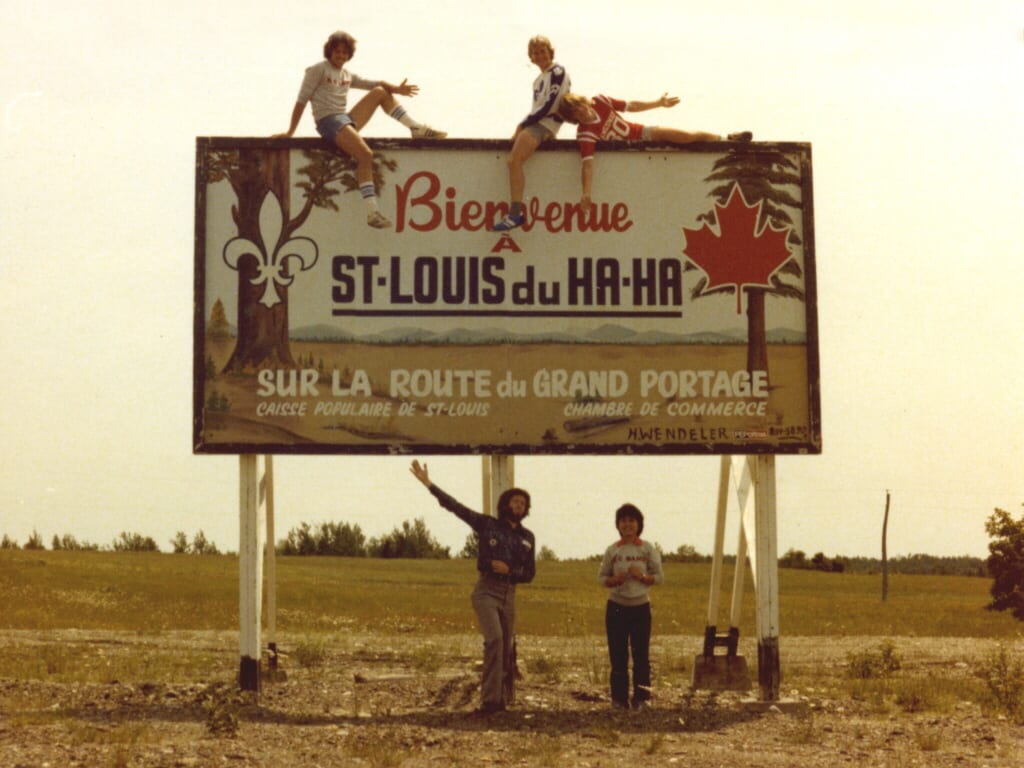
This sounds like the name of a French sitcom featuring too much slapstick, but it is actually a town in Quebec, Canada. It is not far from the US border, but its weird name makes it sound like it belongs to a different world entirely. This owes its origins to several sources, with the ‘Louis’ bit believed to be the name of one of the men who founded the town, but the reason for the ‘Ha Ha’ part is more unusual. It was not stuck on the end of the name because everyone laughed at poor old Louis, but because of a lake situated just outside the town. ‘Ha-ha’ is an old-fashioned French word that means a block of some kind that brings a route to an end. Lake Temiscouata does just that for the town, as the start of the lake marks the limits of it and thus the ‘ha ha’ part of the name probably refers to that.
The one thing that no-one seems to know is why two exclamation marks were added; maybe someone thought the name without them was just too forgettable! On the plus side, it gives the 1,300 people living there the claim to fame of living in the sole town in the world to have two of these in its name.[5]
10 More British Places With Hilariously Rude Names
5 Deception Island
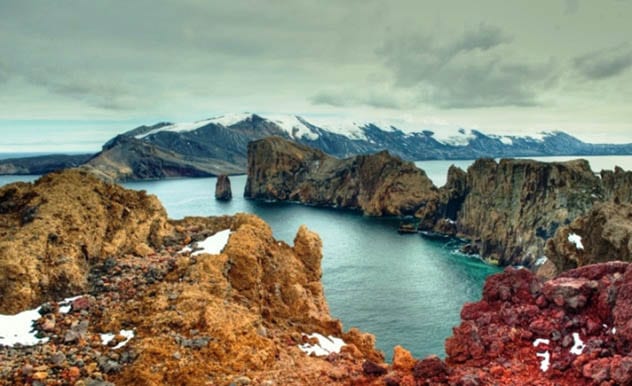
This sounds like the title of a B-movie thriller, but it is the name of a real place. Deception Island is one of the South Shetland Islands, in the Antarctic Regions, and it got its name courtesy of a very frustrated visitor. In 1820, the US hunter Nathaniel Palmer stumbled across it with the crew of his ship while they were on an expedition to hunt seals. Thinking it to be a perfectly normal island, they decided to approach and land there. The very tight inlet that you have to sail along to get to the shore of the island is called Neptune’s Bellows and it is only once you have made it along there that it becomes clear that the island is in fact the edge of a huge volcano.
Although this volcano had collapsed by the time Palmer and his crew arrived, the shock of discovering it instead of what he had expected led him to name the land after its deceptive appearance. The volcano may have fallen in on itself, but it was not extinct – and it remains technically active to this day.[6]
4 Intercourse
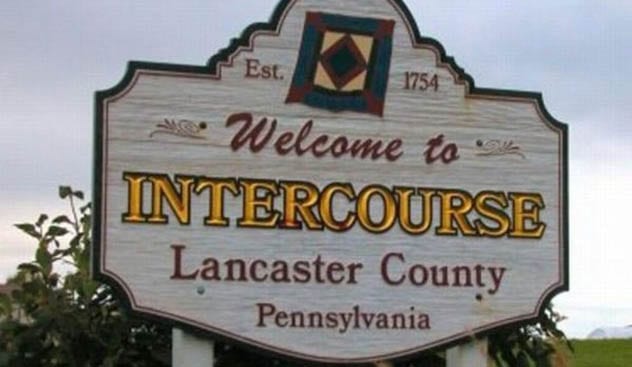
You will find the town of Intercourse in Lancaster County, Pennsylvania, but it is Amish country so you should probably not get your hopes up too much based on the name. The picturesque little village has not always had its current eyebrow-raising moniker, as it went by the much less exciting name of Cross Keys when it was first founded in 1754. What is known is that the big name change took place in 1814, but varying reasons are cited for why it happened.
One of the most popular tales behind the name is that it was just a reference to the fact that two important roads happened to intersect in the village. A more interesting theory is that there was a race track there at one point that had an entrance known as Entercourse, with this name gradually mutating over time to become Intercourse. The third possible reason for the name is that the word ‘intercourse’ can mean sociability, community and friendship of the type that was common in rural villages of this sort. Of course, there is a fourth possibility, but we will leave that up to your imagination.[7]
3 Wet Jacket Arm
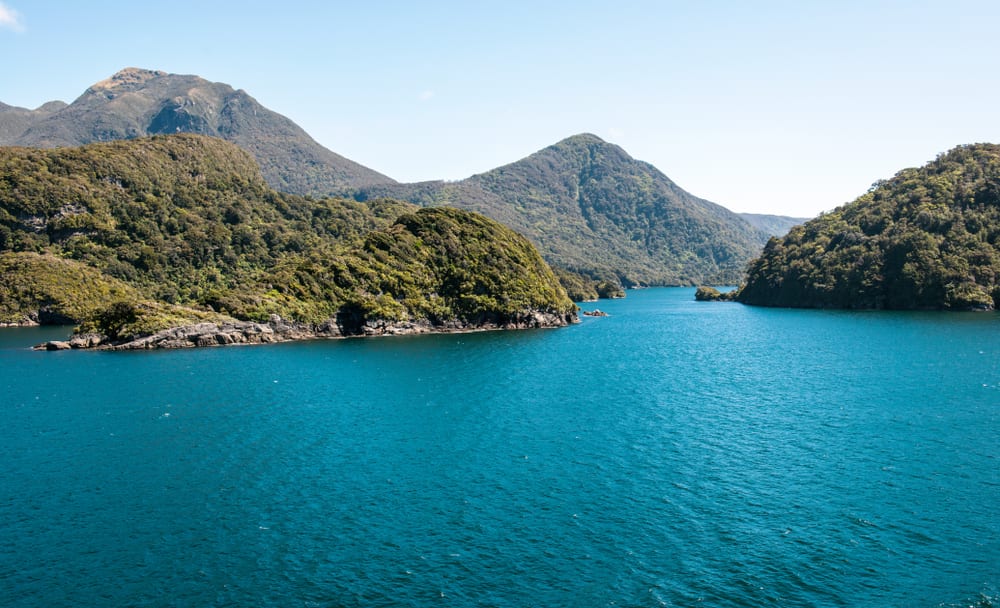
Certain parts of the world seem to produce a lot of weird names and the Fiordland region of New Zealand is one of them. We have already looked at Doubtful Sound, but that is a boringly normal name compared with Wet Jacket Arm. This inlet owes its name to that man Captain Cook once again, who visited it with his crew during a New Zealand voyage in 1773. It seems they did not pick a particularly good time of year for the weather in Fiordland as they got caught up in severe rainstorms for most of their time there. This left their naval uniforms soaked through and a combination of annoyance at that and a real lack of imagination led them to name the area Wet Jacket Arm.
Although it is a name that does nothing to capture the wonder of an area that is so beautiful it is now part of a National Park, we should probably be grateful that they were most upset about their jackets. After all, who would want to visit a place called Damp Underwear or Soggy Socks?[8]
2 Glen Campbell
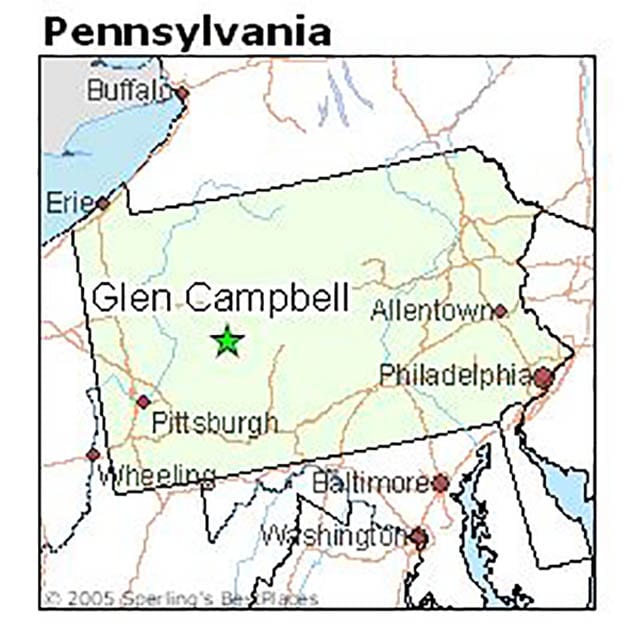
Who would not want to name their borough after the Rhinestone Cowboy? Well the 306 people who live in the tiny part of Pennsylvania called Glen Campbell apparently. Despite having the same name as the Wichita Lineman singer, the origin has absolutely nothing to do with him. Instead it dates all the way back to 1889 and was actually a tribute to a man called Cornelius Campbell. Now we know what you are thinking: why did they not just call the borough Cornelius Campbell? Well, for one thing Cornelius Campbell is a stupid name for a place.
Apart from that though, Campbell also worked as superintendent at the most important company in the borough at that time – the Glenwood Coal Company. A lot of the men in the area had jobs mining for the firm, which took the ‘Glen’ part of its name from the Scottish word that means ‘valley’. Thus Glen Campbell as a name for the borough was a combination of the name of the company and the man who ran it. None of this prevented Glen Campbell the country singer from being flattered enough to visit in 1971 though. Maybe the people living there were too nice to tell him the truth.[9]
1 Slaughter Beach
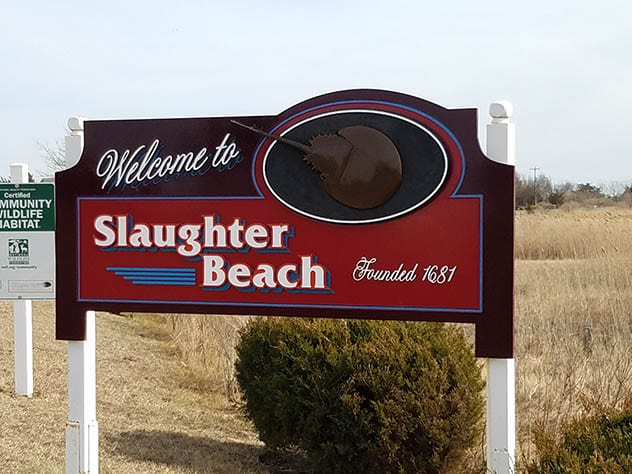
For a coastal town hoping to attract carefree sunbathing tourists, sounding like a straight to video slasher about a holiday resort stalked by a maniac with a chainsaw does not seem like an advantage. Slaughter Beach in Delaware was founded in 1681 and there are many theories for where its delightful name comes from.
One is that an attack by Native Americans on a group of settlers there led these settlers to ask the tribal chief to meet with their god on the beach for peace talks. The story goes that this ‘god’ was in fact a cannon that was used to kill the Native Americans. A second, almost as grim tale is that it was named for the horseshoe crabs that crawled up it to spawn. According to this version, these crabs often found themselves flipped onto their backs by waves and unable to get back to the ocean, causing them to fry to death under the sun. A third suggestion is that the name comes from another nearby area called Slaughter Neck. This last one makes a lot of sense and is less morbid than the first two, but then…how did Slaughter Neck get its name?![10]
Top 10 Places You Don’t Want To Visit
About The Author: I am a freelance writer who lives in Dundee. In addition to my writing work, I make short films as one half of a duo called Wardlaw Films.
